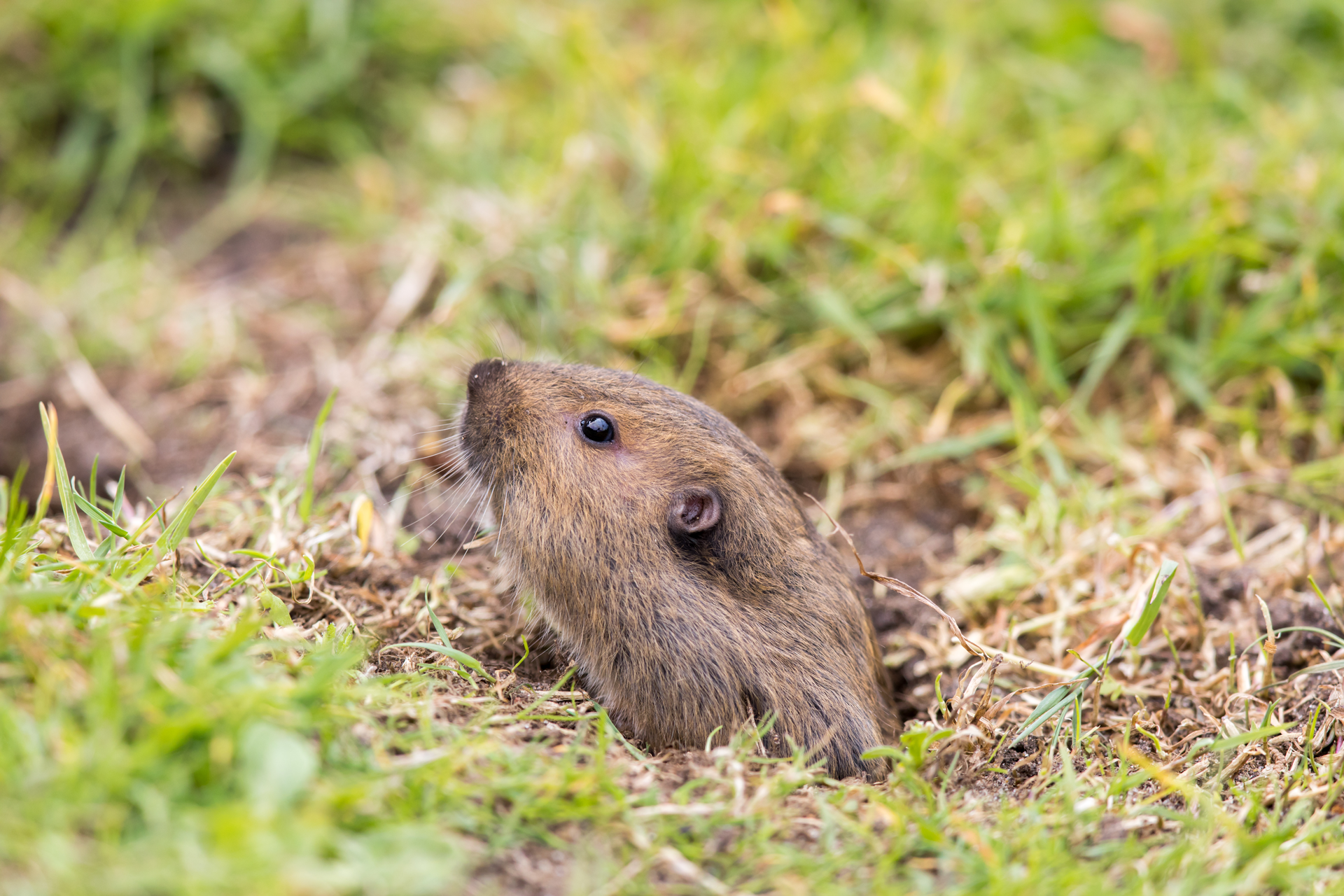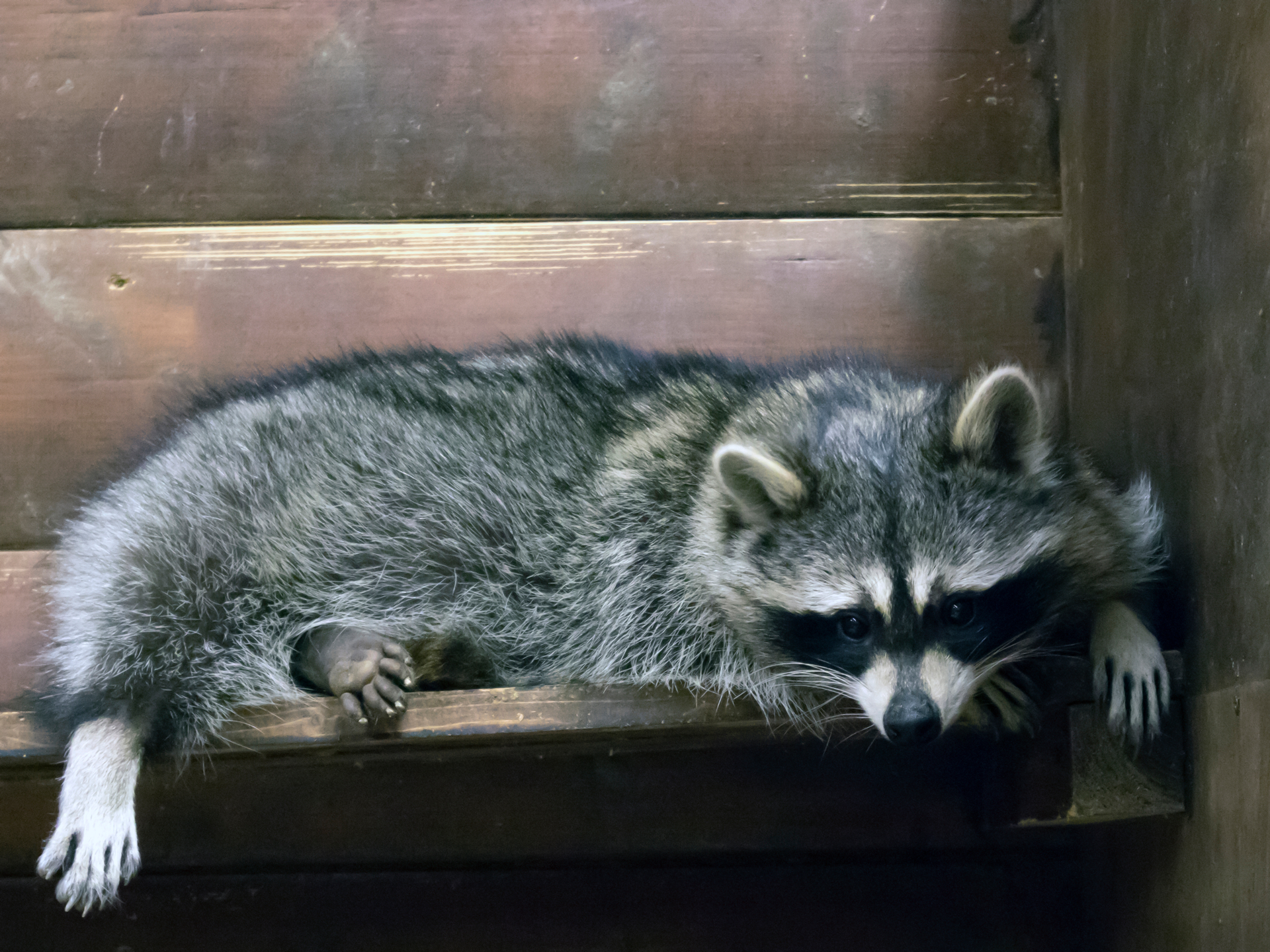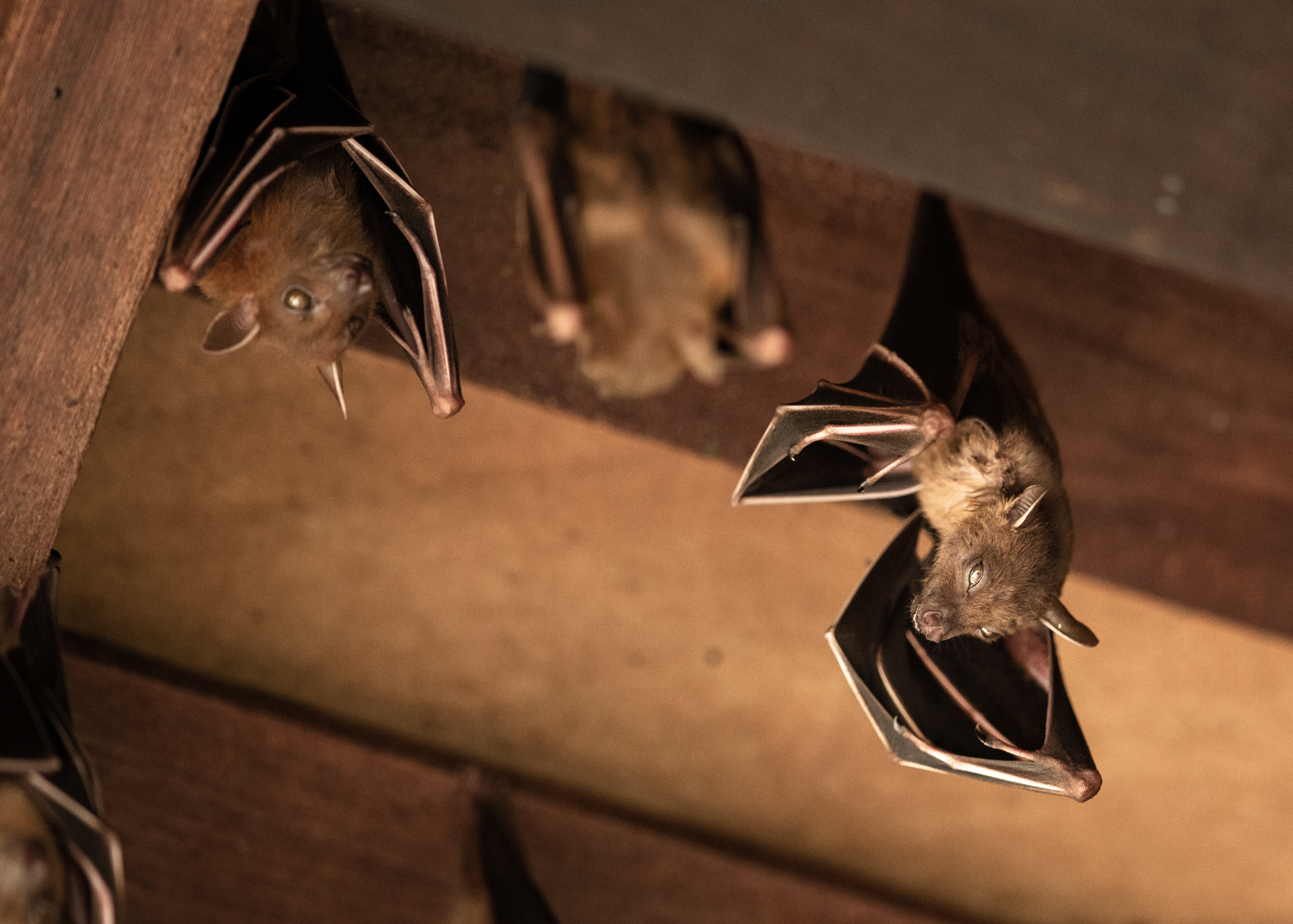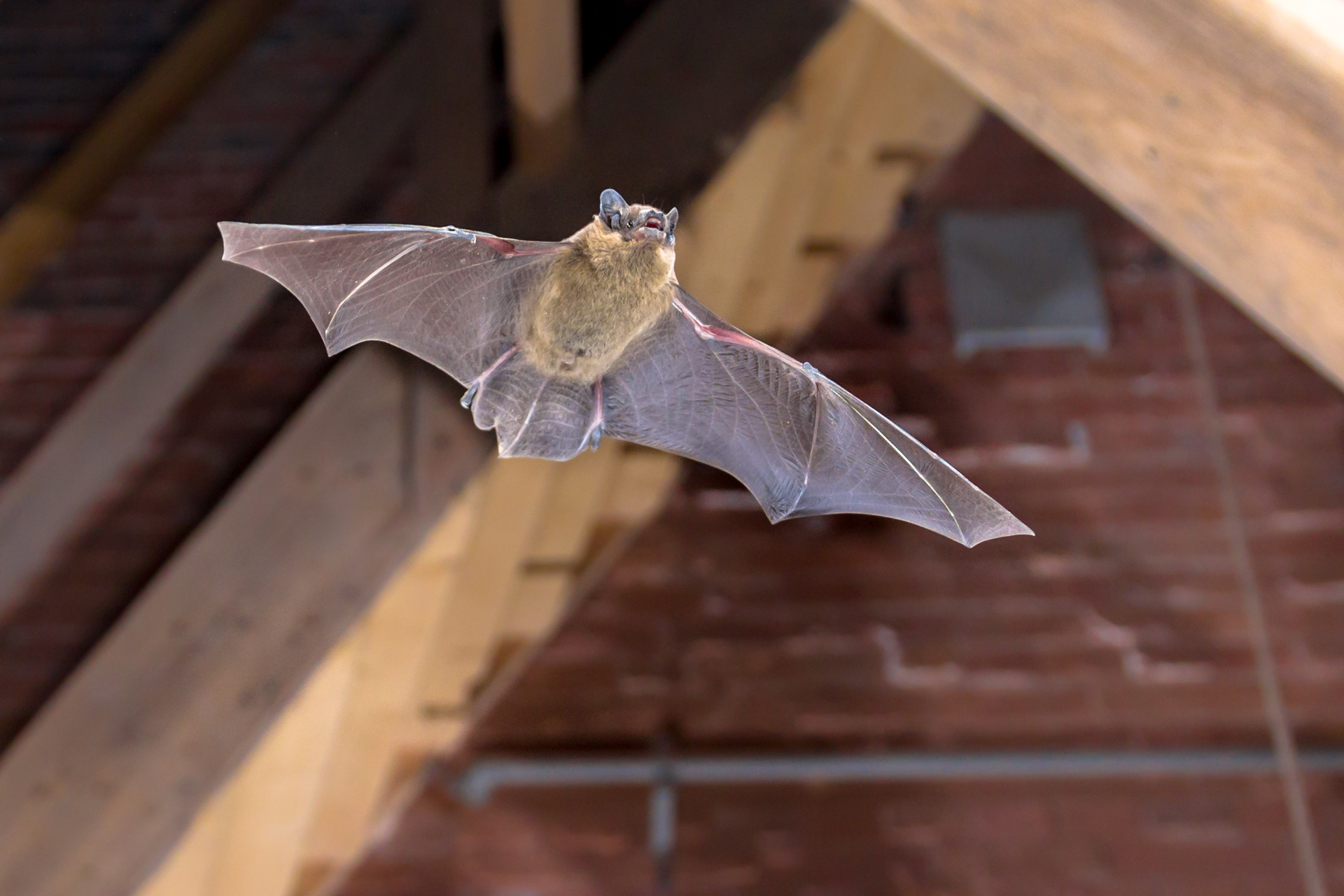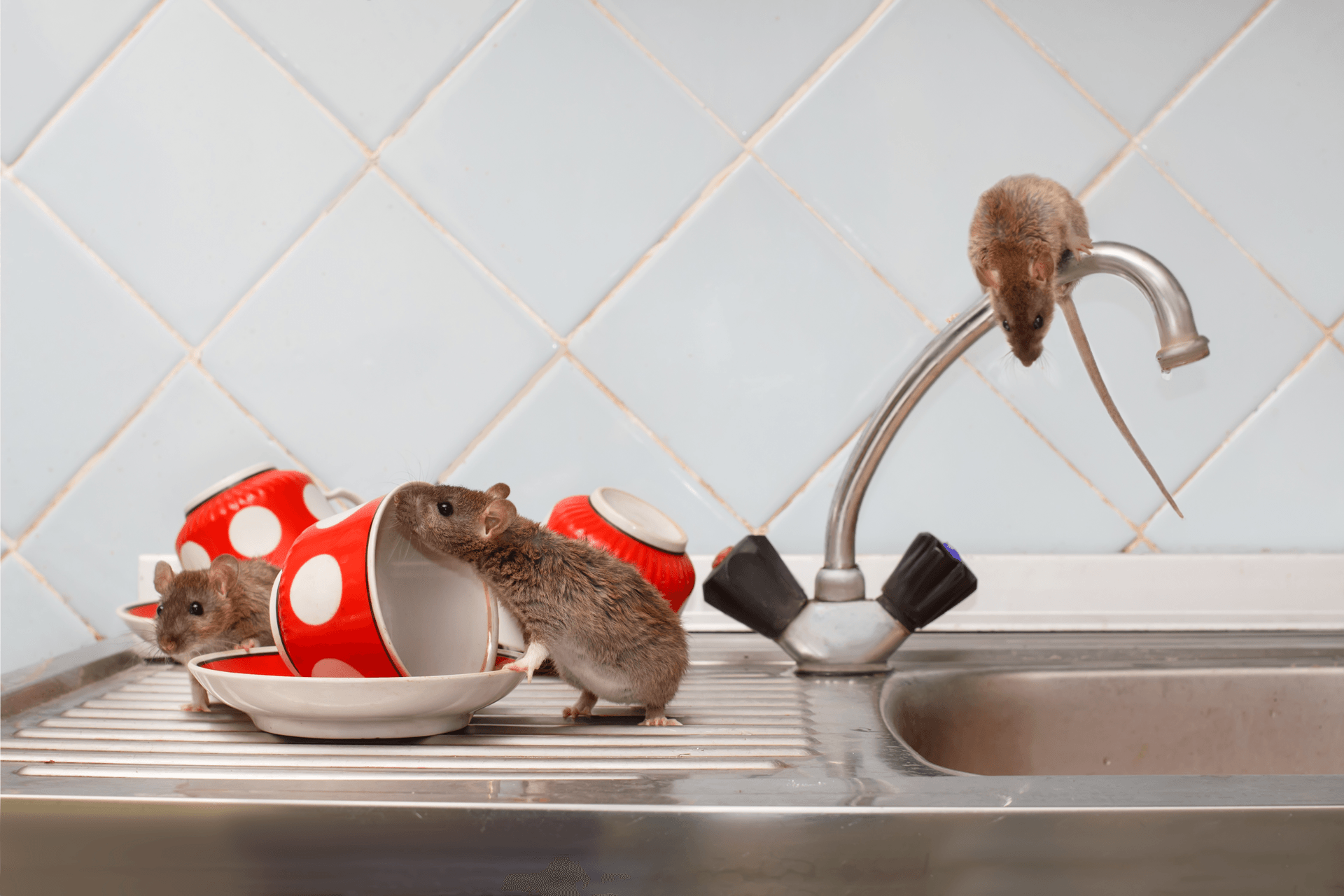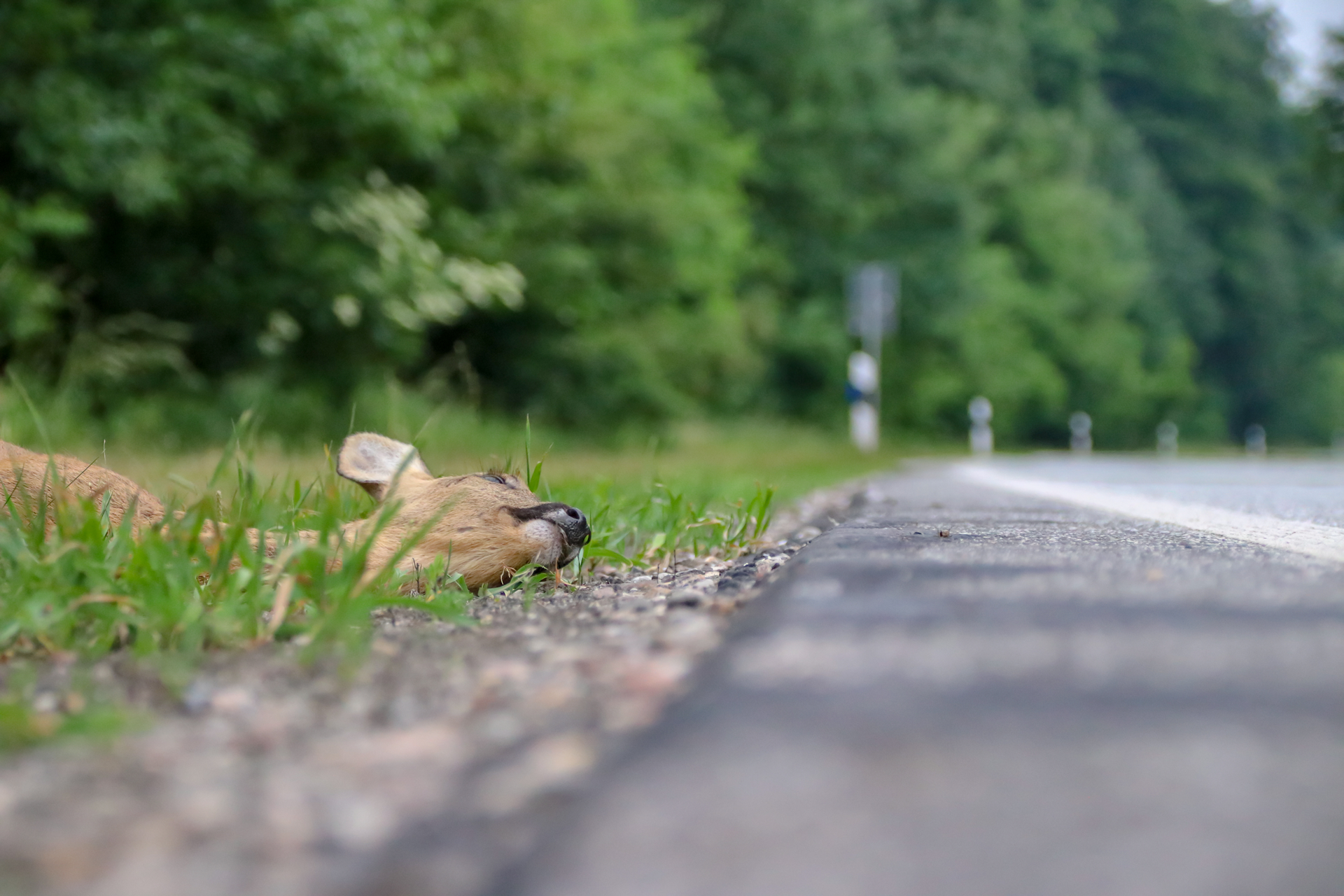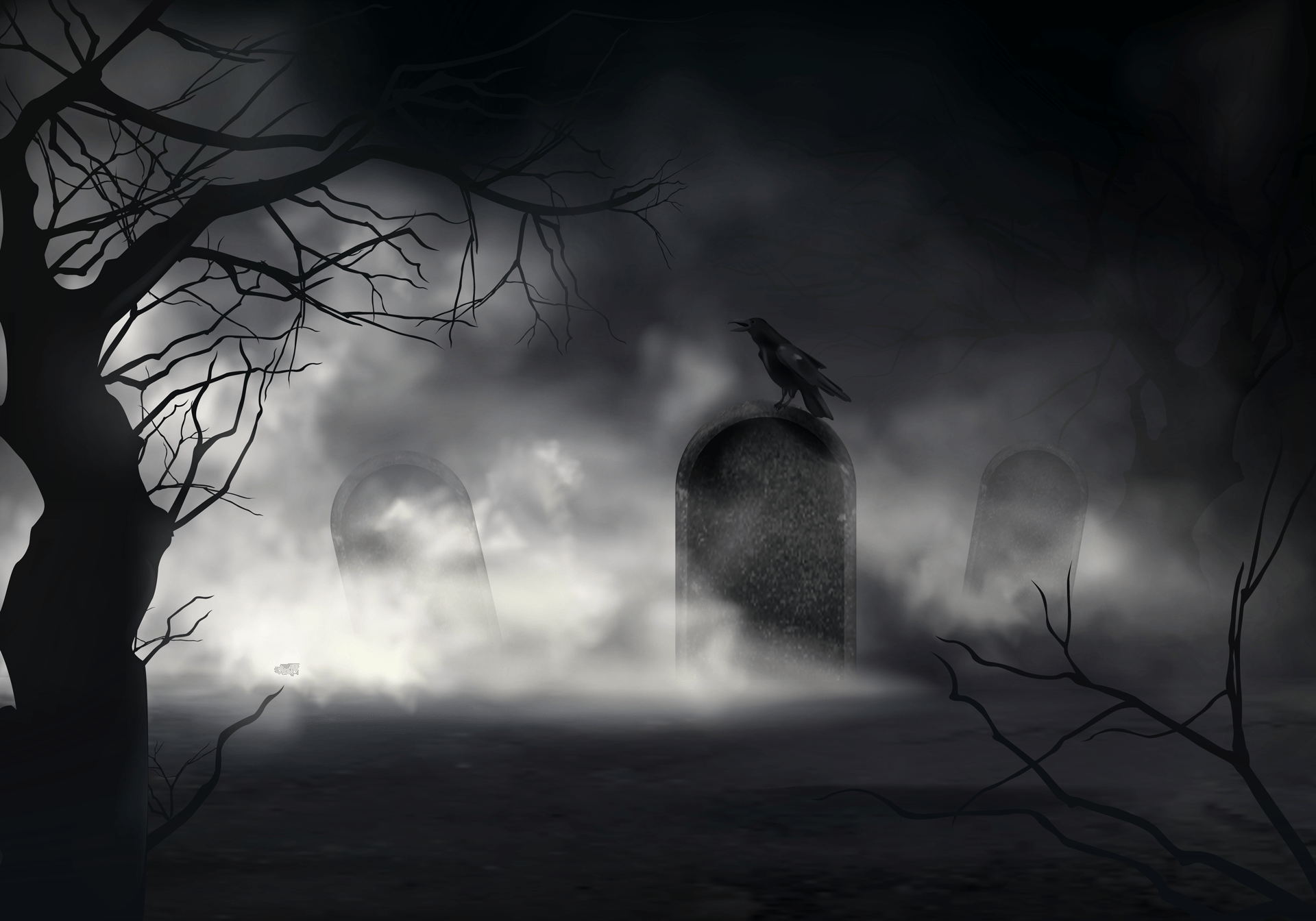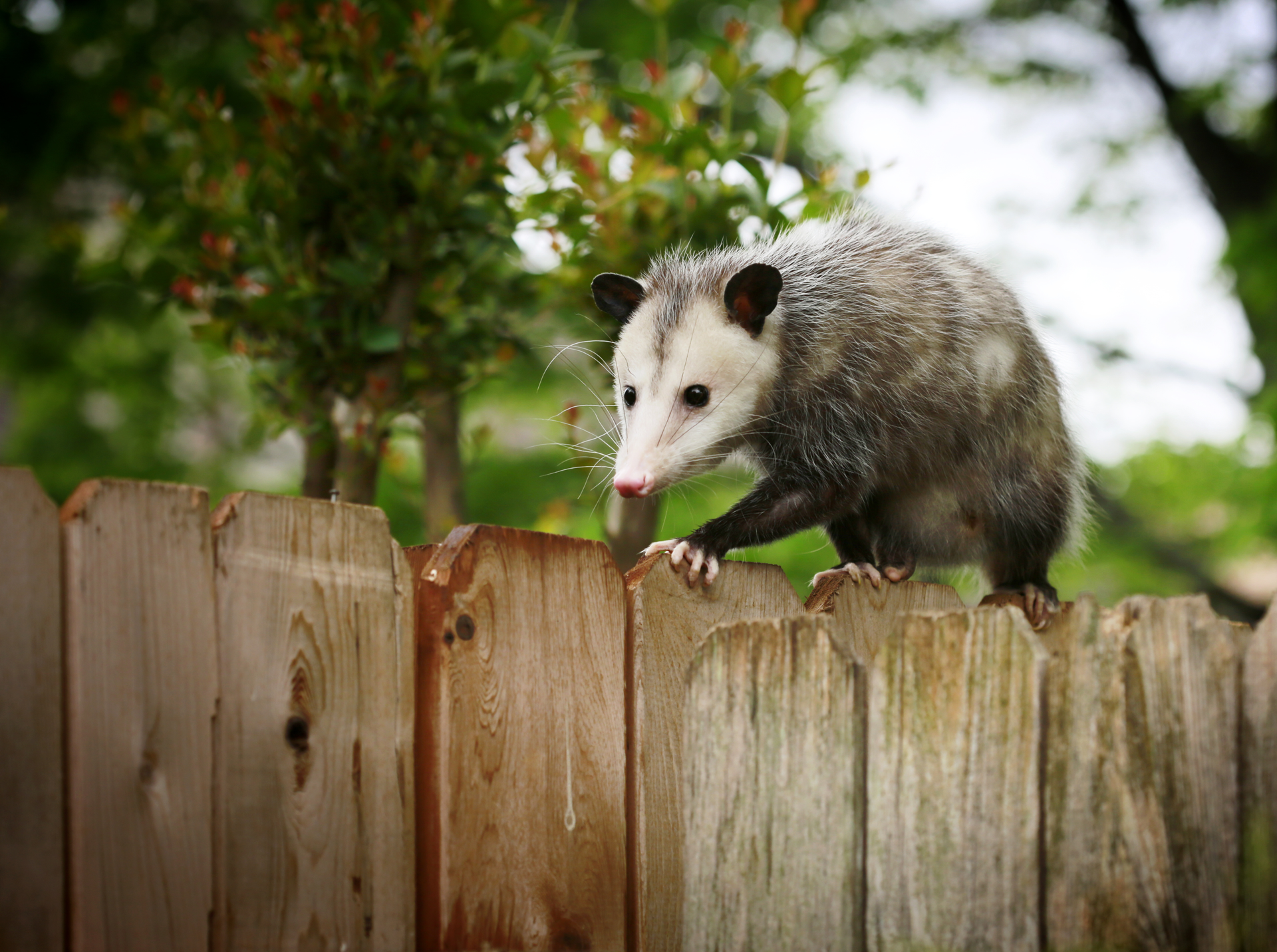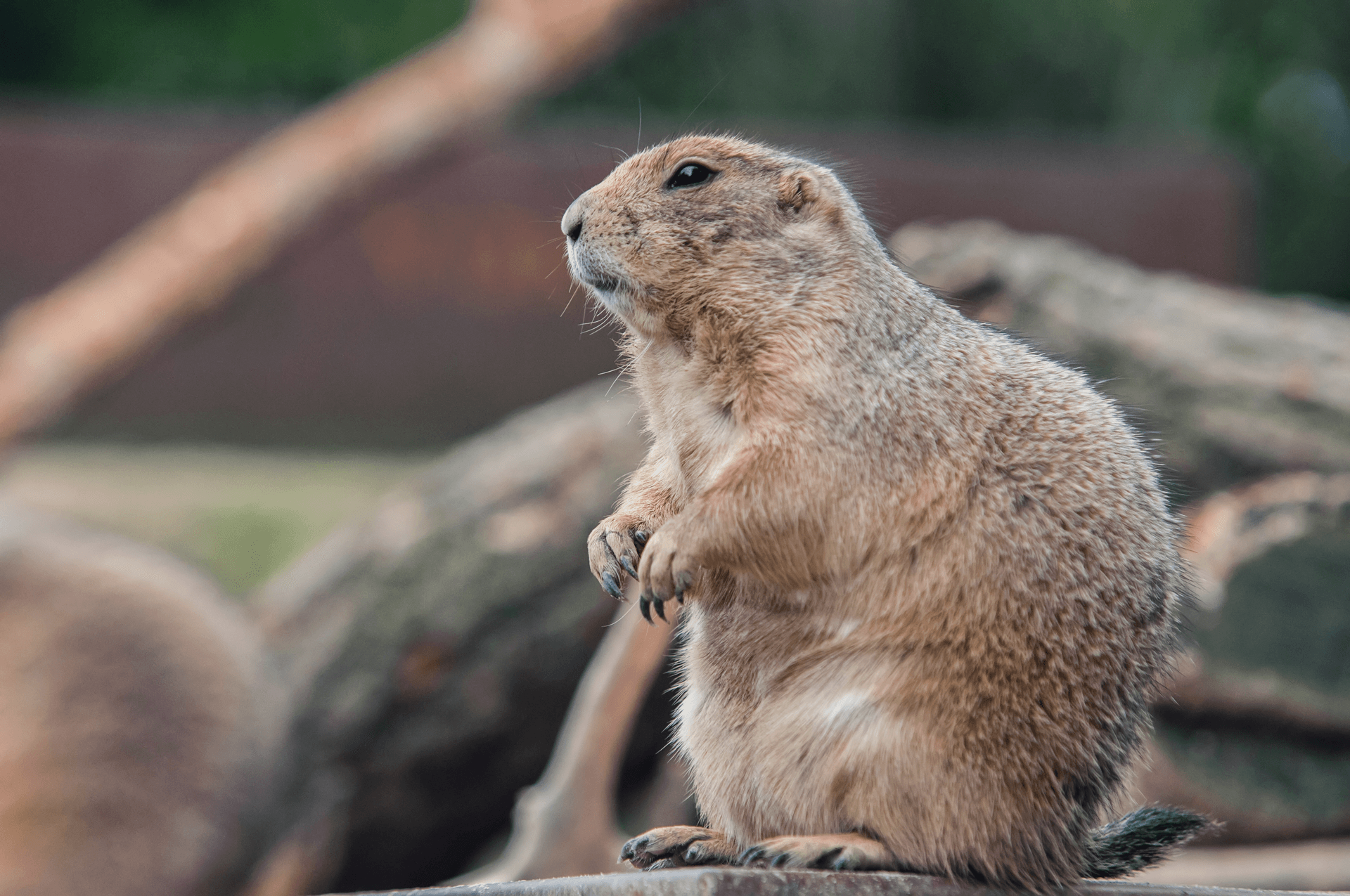Which Animals Hibernate?
Hibernating Animals In Northwest Arkansas
As outdoor temperatures drop, many of us begin planning for the long winter ahead. People start winterizing their homes, bundling up, spending more time indoors, and storing supplies. But it’s not just people that participate in these activities. Animals prepare as well. For many creatures, being ready for the winter is critical to survival. Some animals even have a biological coping mechanism that we do not: hibernation.
Hibernation 101
The process of hibernation is more complicated than you might think. It is not just about bulking up and then sleeping for a prolonged period. During hibernation, an animal significantly lowers its metabolic rate, heart rate, breathing, and body temperature. These changes enable the animal to go longer without food and make it possible to survive in colder conditions.
Another important aspect of hibernation is that only a few animals do it, and not necessarily in the same way. Only about ten animals enter an actual state of hibernation wherein they sleep for multiple days, weeks, or months. Other hibernating animals enter a state of torpor in which their activity levels slow, but they spend part of their day awake. Arkansas has a few true hibernators and some of the torpor variety.
The Animals That Do (And Don’t) Hibernate in Arkansas
Rodents
Of the rodents in our state, only groundhogs and chipmunks are true hibernators. Both animals put on extra weight to help sustain them through their long slumber. A groundhog’s weight can nearly double just before hibernation!
Rats, mice, and squirrels are not true hibernators but enter a daily torpor and are less active. They gain more weight and stash away extra food, but they continue eating and drinking throughout the winter.
Meanwhile, gophers and voles don’t hibernate and remain active. However, they tend to move deeper underground, and you might not see new mounding activity from them.
Snakes & Reptiles
Snakes and other reptiles have their special form of hibernation called brumation. It is a state of torpor, as they don’t sleep for extended periods. They don’t eat, but they drink and sometimes come out during the day to sun themselves. They also might share their dens with other snakes to preserve body heat. Garter snakes are particularly known for this. A hibernating den can sometimes contain hundreds of snakes.
We also have one hibernating reptile, the wood frog, with a mind-boggling trick that no other creature has yet to pull off. It freezes solid during the winter and then thaws out and wakes up in the spring!
Mammals
We do have a few bears in Arkansas. Interestingly, they may be the most famous for hibernating, but they are not true hibernators. They go in and out of torpor and often give birth and nurse cubs during wintertime.
We have 16 species of bats in Arkansas, and the only true hibernators are the Indiana and Northern Long-eared. And yes, your attic is one of their favorite places to do that.
Armadillos, skunks, opossums, moles, and raccoons are less active during the winter, but they don’t hibernate or go into torpor. Skunks are the most active of this group and are even known to mate during winter.
Many bird species migrate to warmer climes, although some do not (such as pigeons). The birds that stick around in winter are typically less active but don’t hibernate or go into torpor. The only bird in existence that is a true hibernator is the common poorwill (but it is not found in Arkansas).
None of our semi-aquatic pests hibernate. Beavers, otters, and muskrats remain active and don’t even enter a state of torpor. They do spend more time in their dens and put on extra weight to help get them through. Beavers have noticeably fatter tails that slim down as winter progresses.
What To Do If You Encounter A Hibernating Animal
It is unwise to disturb a hibernating animal. The animal can be startled and may respond aggressively. Additionally, the animal has minimal energy reserves at the time and may be unable to survive being roused prematurely.
That said, we also know that a hibernating animal inside or too close to your home can be a serious problem, and the same is true in the spring when animals begin to stir. Animals emerging from hibernation and desperate for food are often the most dangerous to humans. Some animals (especially rodents) may seek to avoid hibernating altogether by residing in your home.
If you have a wildlife problem, your wisest course is the animal control experts at Natural State Wildlife Solutions. We provide effective and humane solutions, and nobody does it better. Contact us today and let us help.

